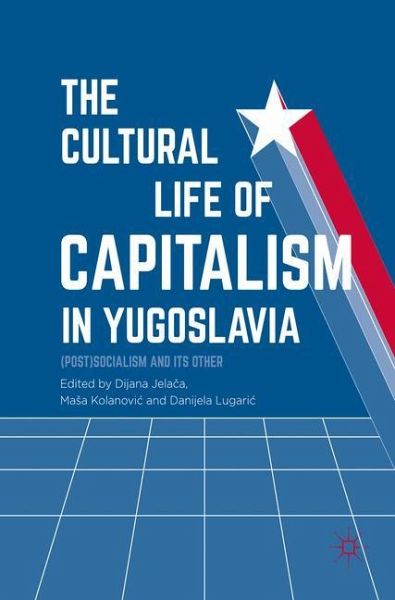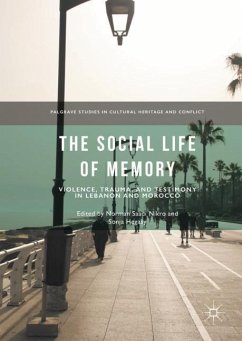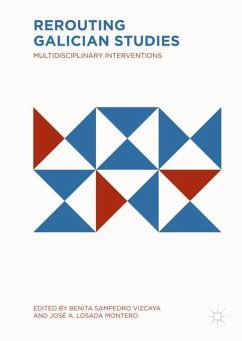
The Cultural Life of Capitalism in Yugoslavia
(Post)Socialism and Its Other
Herausgegeben: Jelaca, Dijana; Kolanovic, Masa; Lugaric, Danijela

PAYBACK Punkte
42 °P sammeln!
This edited volume explores the cultural life of capitalism during socialist and post-socialist times within the geopolitical context of the former Yugoslavia. Through a variety of cutting edge essays at the intersections of critical cultural studies, material culture, visual culture, neo-Marxist theories and situated critiques of neoliberalism, the volume rethinks the relationship between capitalism and socialism. Rather than treating capitalism and socialism as mutually exclusive systems of political, social and economic order, the volume puts forth the idea that in the context of the former...
This edited volume explores the cultural life of capitalism during socialist and post-socialist times within the geopolitical context of the former Yugoslavia. Through a variety of cutting edge essays at the intersections of critical cultural studies, material culture, visual culture, neo-Marxist theories and situated critiques of neoliberalism, the volume rethinks the relationship between capitalism and socialism. Rather than treating capitalism and socialism as mutually exclusive systems of political, social and economic order, the volume puts forth the idea that in the context of the former Yugoslavia, they are marked by a mutually intertwined existence not only on the economic level, but also on the level of cultural production and consumption. It argues that culture-although very often treated as secondary in the analyses of either socialism, capitalism or their relationship-has an important role in defining, negotiating, and resisting the social, political and economicvalues of both systems.














